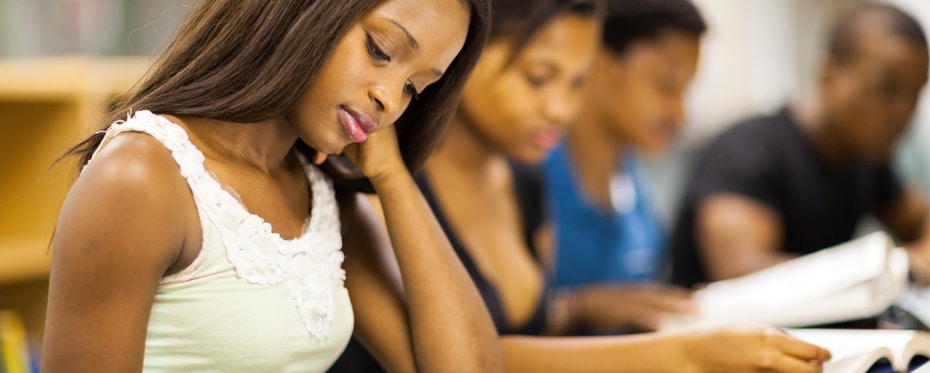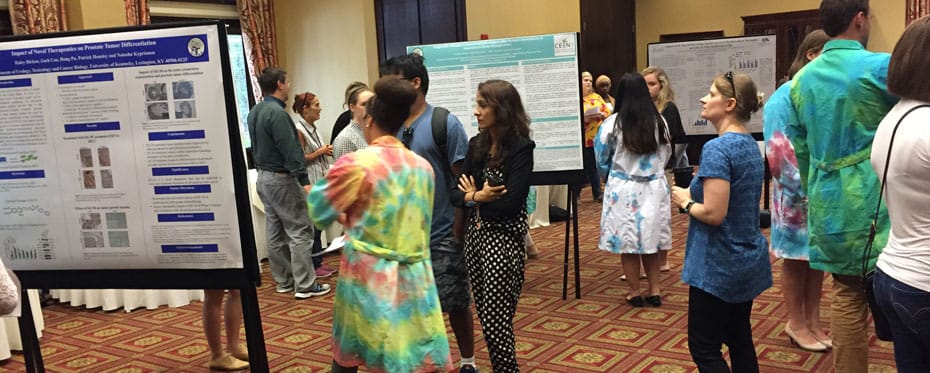Tag: science education
Science education, new materialism, natural disaster, and the Anthropocene

Science education must adapt to new ways of thinking about how humans interact with the material world. That is the view of Catherine Milne, professor of science education at New York University in the US. In a new book, Dr Milne and co-authors argue that identification of the current human-centric ‘Anthropocene’ geological epoch, together with the many natural disasters the […]
Read More… from Science education, new materialism, natural disaster, and the Anthropocene
Conceptual change: Learners’ response to contradictory information

Misconceptions can get in the way of teaching efforts and increasingly pose a significant challenge to science teachers. To discern exactly what science education literature can teach us about learners’ response to anomalous data, Professor Patrice Potvin, from the University of Québec in Montréal, Canada, has carried out a critical and systematic review of science education research literature. In this […]
Read More… from Conceptual change: Learners’ response to contradictory information
Increasing personalisation in scientific college courses

In the U.S., women and minorities are severely underrepresented in the science, technology, engineering, and maths (STEM) workforce. Nationwide, and only 40% of students who enrol in a STEM course complete their training. Dr Aditi Pai is exploring the challenge of making undergraduate biology more engaging with the aim of increasing student success. Instead of the traditional approach which uses textbook […]
Read More… from Increasing personalisation in scientific college courses
Careers in Science: Summer Training in Environmental and Pharmacological Sciences (STEPS)

The future of scientific research depends on a talented, diverse and inclusive workforce with high scientific proficiency. Undergraduate research experiences have been shown to play a key role in encouraging students, especially those from historically underrepresented groups, to pursue careers in science and healthcare professions. In response to these needs, Professor Hollie Swanson, from the University of Kentucky has developed […]